
I am a Postdoctoral Scholar in Environmental Social Sciences at Stanford University.
I use computational and quantitative methods to study how societies interact with their environments. My current and ongoing research examines 1) how climate and conflict shape human migration, and 2) the socio-economic impacts of illegal mining.I received my PhD from the UC Berkeley School of Information, where I was advised by Joshua Blumenstock. Before that, I helped design and implement program evaluations at IFMR LEAD, and completed my MA in Development Studies from the Indian Institute of Technology, Madras.
Email: surajrn[AT]stanford[.]edu
News
2025: I received UC Berkeley's Outstanding Graduate Student Instructor Award.
Oct 11, 2024: Attending the GDF-MPD Workshop at the World Bank, Washington D.C.
Oct 1, 2024: I am presenting my work on climate migration at the Workshop on Digital Technologies and Sustainable Development at Oxford (virtual).
Sep 27, 2024: Watch my talk on sand mining at the 106th I School Birthday Celebrations next week
Sep 11, 2024: I am presenting my paper on climate migration at the 3rd Summer School on the "Economics of Migration", Mexico City
Aug 19, 2024: Watch my talk at the "India Sand Watch - A Year in Review" Event (virtual)
June 15, 2024: I received the John L Simpson ABD Graduate Fellowship to support my work on sand mining!
Working Papers
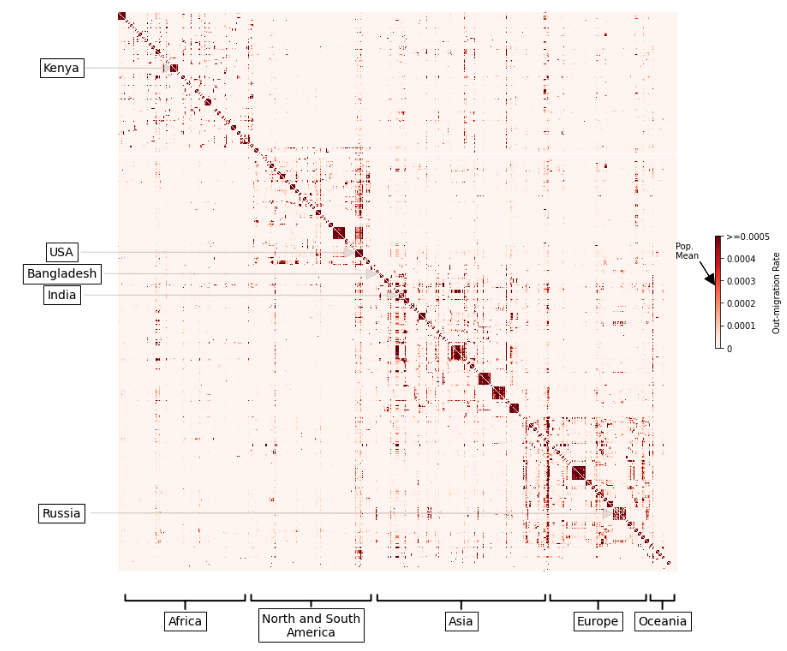
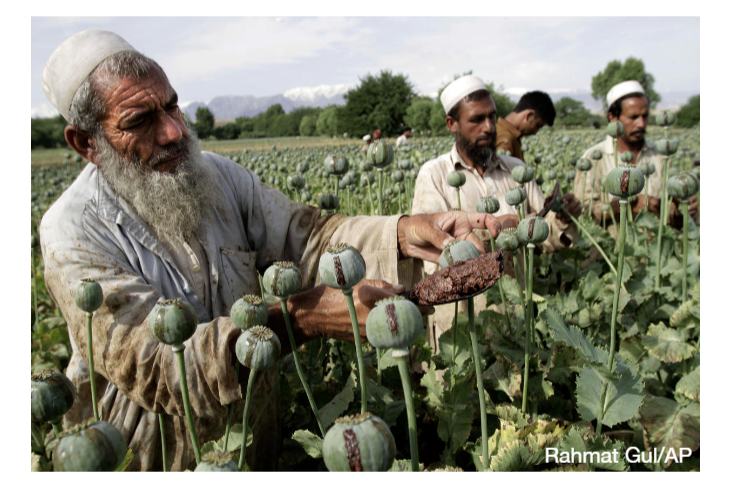
Journal Publications


Selected Workshop Papers / Conference Proceedings
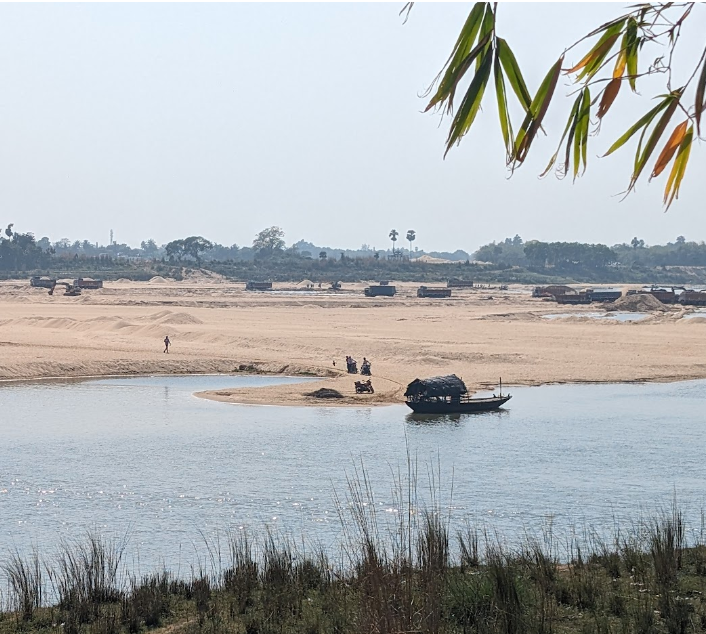
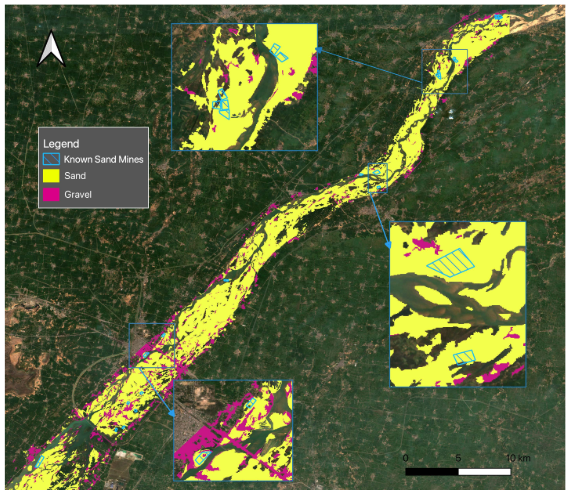
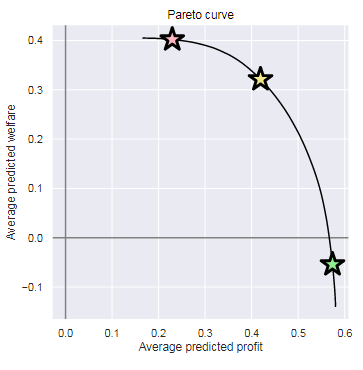
Recent writing / research outputs
- Open Data on Sand Mining: India Sand Watch
- Notes on Sand Mining from India Field Trip (March 2024)
- Sand Mining - Plugging A Critical Data Gap
- Measuring Migration: Old Challenges, New Opportunities
Pre-PhD (Reports/ Policy Briefs)
- Study on Informal Sector Lending Practices in India, Submitted to Small Industries Development Bank of India & Ministry of Finance - Government of India, April 2018
- Doubling Farmers Incomes: Strategies and Recommendations for Tamil Nadu, Submitted to National Bank For Agriculture And Rural Development (NABARD), April 2018
- How Did Demonetization in India Affect Financial Behavior?, CGAP and IFMR LEAD, 2017
- Willing but Unable? - Insights on agricultural borrowing in rural Tamil Nadu,IFMR LEAD Policy Brief, July 2016.
- Why small farmers in Tamil Nadu borrow at exorbitant interest rates